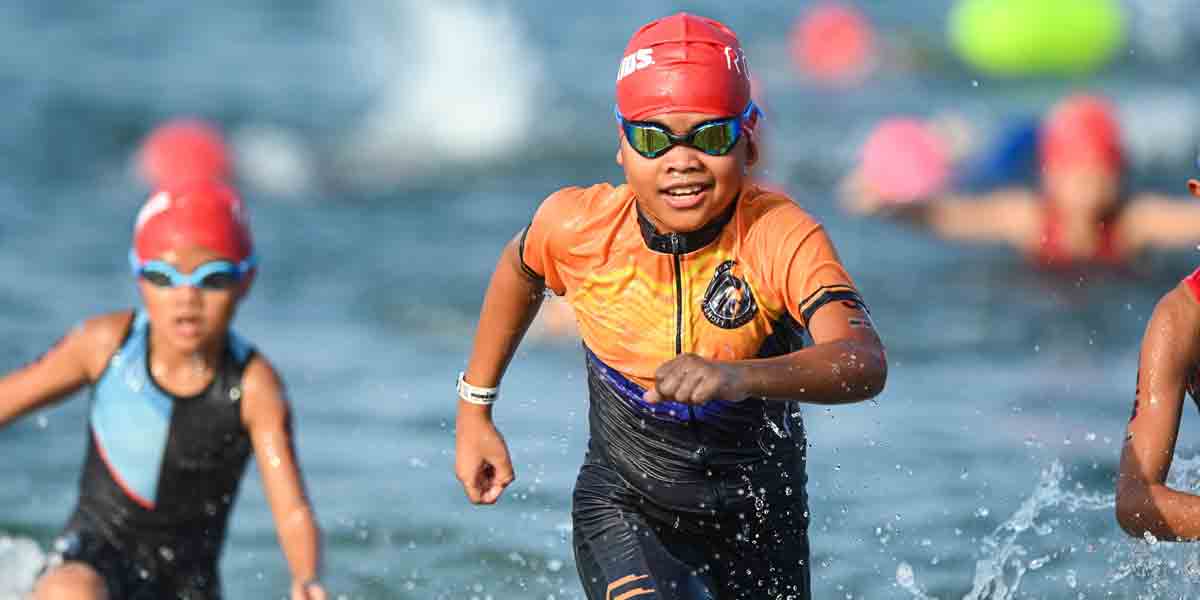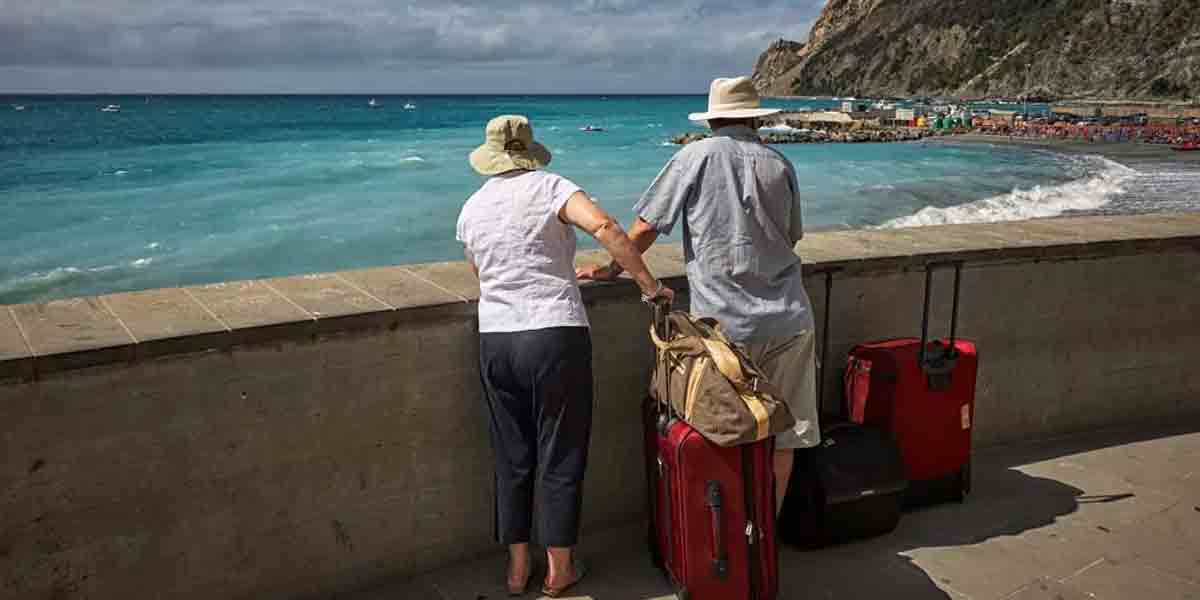By James Jimenez
The election calendar is one of those things that people don’t really think about it, but which is, in reality, critical in fostering a vibrant and truly participatory democracy. It is the means by which citizens know when the next elections are, thus giving the, time to research candidates, understand their platforms, and make informed choices. This, if all goes well, leads to a more educated electorate able to make better decisions at the ballot box. To this end, the Commission on Elections recently published the election calendar for the 2025 National and Local Elections, slated to be held on May 12, 2025. Here are some of the important dates you’re going to want to keep track of.
For the 2025 National and Local Elections
October 1, 2024 (Tuesday) to October 8, 2024 (Tuesday) including Saturday and Sunday –Filing of Certificate of Candidacy (COC) for all elective positions and Filing of Certificate of Nomination and Acceptance (CONA); Filing of List of Nominees, Certificate of Nomination, and Certificate of Acceptance of Nomination (CON-CAN) and Affidavit of Qualifications of Nominees; Substitution of party-list nominees by reason of withdrawal of the acceptance of nomination; Filing of COC of the substitute of the official candidate of a political party or coalition, who withdrew, his or her COC.
Interestingly, for the 2025 elections, this period also marks the beginning of an aspirant’s status as an official candidate. This is a marked departure from the previous rule where a person filing a COC isn’t considered an official candidate until the start of the campaign period. This innovation of the current COMELEC shuts down the premature campaigning loophole created by RA 9369. More on this in the next Democracy Observer article.
January 12, 2025 (Sunday) to June 11, 2025 (Wednesday) – January the 12th marks the official start of Election Period, also known colloquially as “election season,” although some would argue that election season never really ends in the Philippines.
The Election Period formally refers to the 120 days immediately prior to election day, plus the 30 days immediately following. This is the time when the election commission’s powers are temporarily broadened both in preparation for the impending elections, and to wind up afterwards. During this time, the gun ban is instituted, during which time no one – not even law enforcement – is allowed to carry firearms without the express consent of the COMELEC. Other bans are established as well, all designed to protect the electoral process from the possible abuses that may be committed by those currently in power.
- Bearing, carrying, or transporting firearms or other deadly weapons, unless authorized in writing by the Commission (Gun Ban);
- Use of security personnel or bodyguards by candidate, unless authorized in writing by the Commission;
- Alteration of territory of a precinct or establishment of a new precinct;
- Transfer or detail of officers and employees in the civil service, except upon prior approval of the Commission;
- Organization or maintenance of reaction forces, strike forces, or similar forces;
- Suspension of elective provincial, city, municipal, or barangay officer without prior approval of the Commission.
February 11, 2025 (Tuesday) to May 10, 2025 (Saturday), excluding April 17, 2025 (Maundy Thursday) and April 18, 2025 (Good Friday) – Campaign period for candidates for Senator and party-list groups participating in the party-list system of representation. In other words, this is when the national campaigns start. Local campaigns start some time later.
During this time however, all the way up to election day, candidates are prohibited from giving donations. The prohibition extends to the candidate’s spouse, or any relative within the second civil degree of consanguinity or affinity, or his campaign manager, agent, or representative.
March 28, 2025 (Friday) to May 10, 2025 (Saturday), excluding April 17, 2025 (Maundy Thursday) and April 18, 2025 (Good Friday) – Campaign period for candidates for Member, House of Representatives, and parliamentary, provincial, city, municipal officials. This is when campaigns really heat up, with local candidates jumping into the fray.
During this period, up to election day, the following prohibitions kick in:
- Appointment or hiring of new employees, creation of new positions, filling of new positions in a government office, agency, or instrumentality, whether national or local, including government-owned or controlled corporations, except upon prior authority of the Commission.
- Promotion or giving of salary increases, remuneration, or privileges to any government official or employee, including those in government-owned or controlled corporations.
- Release, disbursement or expenditures of public funds, except those enumerated in Section 261 (v) of BP 881, or the Omnibus Election Code (OEC).
- Construction of public works, delivery of materials for public works except for projects or works exempted in Section 261 (v) of the OEC, and issuance of treasury warrants or similar devices.
Which brings us to May 12, 2024 – Election Day! If you take nothing away from this drastically summarized version of the election calendar – which also lays out the schedules for various preparatory activities for the watershed Bangsamoro parliamentary elections – it is this: the main event is closer than you might think. Whether as voter, pundit, or candidate, it is time to start preparing






















